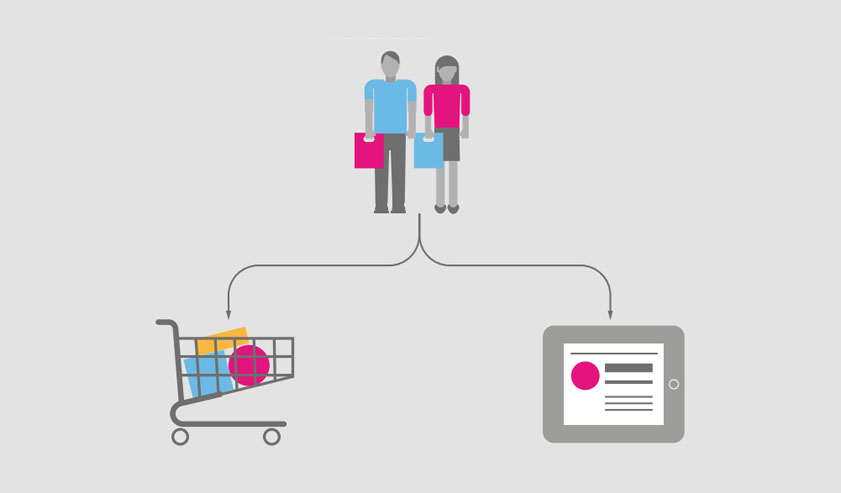#news
2017-12-01
canadian_aaron
00:12:00
Delivering Government Services in the Digital Age, with support from the Chan Zuckerberg Initiative
https://medium.com/code-for-america/delivering-government-services-in-the-digital-age-with-support-from-the-chan-zuckerberg-initiative-75e9fab4a6dc
https://medium.com/code-for-america/delivering-government-services-in-the-digital-age-with-support-from-the-chan-zuckerberg-initiative-75e9fab4a6dc
Medium
Did you know that our government safety net keeps more than 50 million Americans above the poverty line each year? In this holiday season…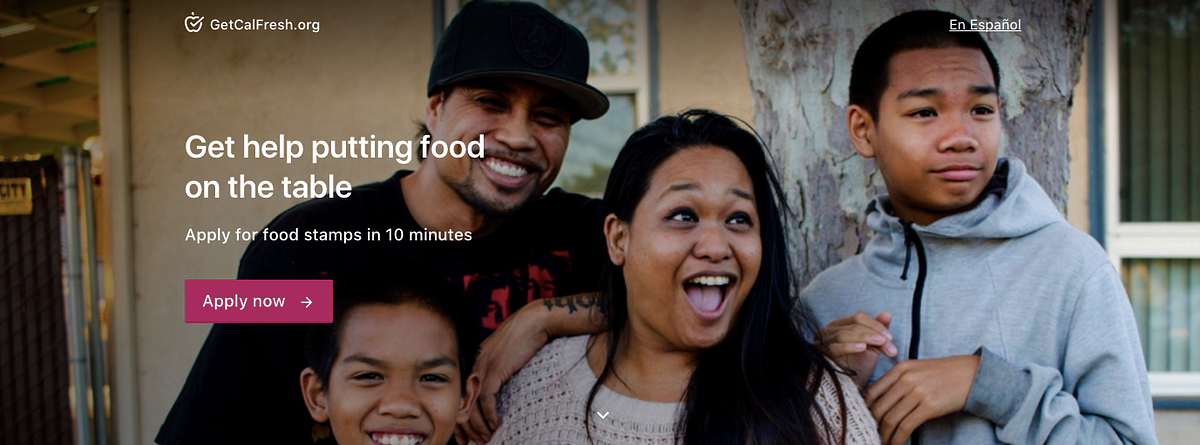
canadian_aaron
00:13:52
Publish.org, now in public beta, champions open, peer-reviewed journalism | Media news
https://www.journalism.co.uk/news/publish-org-now-in-public-beta-champions-open-peer-reviewed-journalism/s2/a713988/
https://www.journalism.co.uk/news/publish-org-now-in-public-beta-champions-open-peer-reviewed-journalism/s2/a713988/
journalism.co.uk
The platform aims to help fuel a healthy news ecosystem and become a home for independent journalists
canadian_aaron
00:16:46
Still Safer Without: Another look at Korean Child Monitoring and Filtering Apps - The Citizen Lab
https://citizenlab.ca/2017/11/still-safer-without-kt-olleh-kidsafe-clean-mobile-plus/
https://citizenlab.ca/2017/11/still-safer-without-kt-olleh-kidsafe-clean-mobile-plus/
The Citizen Lab
South Korea requires minors to have content filtering apps installed on their phones. A security audit of two child monitoring apps published by major Korean telecoms —KT Olleh Kidsafe and Clean Mobile Plus—finds serious security and privacy issues that put children at risk.
canadian_aaron
00:27:02
Civic space in Europe - declining but defendable? | Open Government Partnership
https://www.opengovpartnership.org/stories/civic-space-europe-declining-defendable
https://www.opengovpartnership.org/stories/civic-space-europe-declining-defendable
2017-12-02
pellaeon
14:51:02
https://technews.tw/2017/12/01/why-the-road-is-gone-pokemon-go-switch-to-openstreetmap-data-totally/
TechNews 科技新報
對於今天開啟 Pokémon GO 抓寶或是打怪的人來說,可能覺得看到的地圖有點不一樣,甚至比較鄉下的地還缺了不少道路。國內外網友指出 Niantic 不只拿 OpenStreetMap 來算不同棲地屬性出怪種類和機率,乾脆全面切換用 OpenStreetMap 資料替換原先的地圖 有...
2017-12-03
pellaeon
00:56:56
https://www.wikitribune.com/story/2017/10/30/media/hello-world/13988/
維基百科創辦人 Jimmy Wales 想要做一個像維基社群編輯的中立新聞媒體
維基百科創辦人 Jimmy Wales 想要做一個像維基社群編輯的中立新聞媒體
Wikitribune
An introductory letter from WikiTribune founder Jimmy Wales
canadian_aaron
02:08:43
Open Knowledge International Blog
It is with regret that due to recent circumstances within Open Knowledge International, we have come to the conclusion that it is necessary to cancel the planned Open Knowledge Festival 2018. This …
canadian_aaron
02:09:11
OKI is “cancelling” the Greece 2018 event
canadian_aaron
02:09:31
Socrata, Inc.
People in every discipline can benefit from a better understanding of quantitative analysis. There is an urgent need for government organizations to not on
canadian_aaron
02:11:36
Ars Technica
"This is my Senator. He sold me out to telecom lobbyists."
canadian_aaron
02:12:11
OuiShare EN - Connecting the Collaborative Economy
Why hasn't blockchain overcome our financial institutions? It suffers from an internal governing crisis, it consumes too much energy and is a bubble.
canadian_aaron
02:14:00
Nieman Lab
It's preparing to partner with other international newsrooms.
canadian_aaron
02:17:15
mic.com
“Nuclear missiles threaten a certain handful of countries, but hacking is a threat against an entire civilization.”
canadian_aaron
02:28:46
Hacker Noon
Why a decentralized intelligence may affect our future
canadian_aaron
02:29:04
democracyclub.org.uk
It’s a Fridayblog exclusive! Democracy Club has a new board of directors!
canadian_aaron
02:31:02
Medium
In 2027, the ritual of real community is the norm — and it uplifts society.
canadian_aaron
02:31:08
voice.mozilla.org
Common Voice is a project to help make voice recognition open to everyone. Now you can donate your voice to help us build an open-source voice database that anyone can use to make innovative apps for devices and the web.
canadian_aaron
02:31:16
Forbes
In a world in which bots increasingly act on our behalves, we should be focusing on digital signatures and authenticating public comments, rather than trying to weed out automated submissions.
canadian_aaron
03:09:58
Global Voices Summit 2017
"All of these people were working to tell stories, defend human rights, and hold power to account."
2017-12-05
canadian_aaron
01:08:29
cpj.org
Bangkok, November 28, 2017--Vietnamese authorities should immediately release the blogger Nguyen Van Hoa who was sentenced on Monday to seven years in prison on charges of disseminating “propaganda against the state,” the Committee to Protect Journalists said today....
canadian_aaron
01:14:08
The Verge
<http://Code.org|Code.org> is getting $12 million in philanthropic funding from the Bill & Melinda Gates Foundation and other donors like auditor PwC (PricewaterhouseCoopers), as first reported by the Seattle Times....
canadian_aaron
01:16:00
The Splice Newsroom
The Star newspaper's scrappy reporting team shows how a new product can build a new audience for old media.
canadian_aaron
01:21:43
TechCrunch
Tel Aviv-based Proof Work is envisioning a future where patients own and control their own medical data in a decentralized system, where data is secured by the blockchain. The system, if successful, would be a big disruption to how health care data is handled today – where it’s often accessible only by the doctors and hospitals themselves, and where patients have to make special requests to have a copy of their own medical records. In addition, today’s data isn’t easily shared between doctors. That means patients visiting a new doctor will often have to repeat their medical history all over again, or explain their current ailments. Proof Work, which presented today onstage as the wildcard company at Disrupt Berlin Startup Battlefield, believes the system should be simpler. The company is building tools that will allow healthcare companies to put their apps and services on the blockchain, as well as a tool – likely in the form of a mobile app first – that will allow patients to upload their own medical data to this blockchain-powered system. “It’s a big try,” admits co-founder David Suter. “But we want to go patient-first.” “As somebody who walks into a doctor or a hospital, there are many moving parts that are put into place behind the scenes in order to make sure we get the right level of care, the right treatment. All those moving parts are siloed,” Suter says. “What blockchain allows through smart contracts is to put all those moving parts on a longitudinal line in order to talk to each other.” In the future, the goal is to allow patients to walk into a doctor’s office with all their medical records already on their phone. “It’s a big undertaking; It’s not going to happen overnight,” he adds. tc_disrupt_berlin-proof-work-3159 tc_disrupt_berlin-proof-work-3161 ProofWork-0243 ProofWork-0245 tc_disrupt_berlin-proof-work-3162 ProofWork-0246 View Slideshow Previous Next Exit In addition, patients – not doctors – should get to decide what happens to those records, says Suter. Today, doctors will have patients sign agreements to allow them to share their medical data. In some cases, that includes allowing healthcare companies to sell anonymized medical data to pharmaceutical companies. With Proof Work, patients could choose to contribute their data or sell it, and the transactions would be transparent. The company’s starting point for this larger idea of medical records powered by the blockchain is a mobile app focused on non-adherence – meaning, the app will remind users to take their current medications through push notifications. This isn’t the first attempt to use technology to fix the problem with medical records; others have tried to centralize records for easier access, including Microsoft HealthVault, for example. One of the challenges getting prior systems to work was that healthcare companies aren’t necessarily interested in making it easier for patients to have access to their own medical records, says Suter. After all, the patients could go to another provider. Suter believes the companies would be more willing to participate in a system like Proof Work, because they’ll have access to more data, because Proof Work users can choose to sell and share their data with them – where they’re paid for those transfers in Proof Work’s coin. Proof Work is planning an ICO in six months to create its own coin that will allow the data to be traded. Insurance companies could then incentivize patients to take their medications by offering to pay them with the coin. The longer-term monetization plan is to take a small percentage of the transactions on its platform, including these data transfers or incentives. The company, co-founded by Guy Aharonovsky, whose background is in cyber security, hopes to have its first application for consumers out in six months.
canadian_aaron
01:28:32
TechNode
Watch how Chinese LGBT non-profit workers go live online to advise confused parents and children
canadian_aaron
01:30:45
VentureBeat
Blockchain startup Blockstack says it raised $52.8 million in its ICO, finalized Friday. The company is building a sort of parallel to the internet that users access via the Blockstack browser and that features a wide variety of apps. The Blockstack ecosystem promises to benefit both users and app makers. It gives users control over their own data via a personal API. Meanwhile, it allows developers to launch apps without having to host user data or worry about related storage costs and data privacy.
canadian_aaron
01:33:46
openDemocracy
Where participation depends on governments, civil society can’t do much to redeem democracy from the flaws of elections and the bias of parties. Español&nbsp;Português
canadian_aaron
01:35:42
How can we harness technology to promote civic engagement and more responsive government?
This report summarizes insights with the intention of advancing a more consistent, collaborative and rigorous fieldwide conversation about sustainability of the civic tech sector. We hope that the findings will be instructive for startups and funders, and that the report promotes a more sophisticated discussion about business models.
- 👍1
canadian_aaron
05:54:00
g0v.news
Tanzania withdraws from the OGP, the US Senate introduces “honest ads” legislation, Taiwan moves to publish political donations online, and…
2017-12-06
canadian_aaron
01:58:38
GovInsider
How hundreds of thousands of people have been given a chance to shape policy.
natashaho1
04:14:21
@natashaho1 has joined the channel
wumini
16:26:51
12/11 公民科技週報 Issue 9 的初稿來囉,歡迎大家回覆你覺得重要、有興趣的新聞內容
https://docs.google.com/spreadsheets/d/12pk33bpPFsRpKcb6oBIWoyR2jpYiLkwgt3btQIJCdmQ/edit?usp=sharing
https://docs.google.com/spreadsheets/d/12pk33bpPFsRpKcb6oBIWoyR2jpYiLkwgt3btQIJCdmQ/edit?usp=sharing
ttcat
18:07:48
++
2017-12-09
canadian_aaron
02:12:55
Hacker Noon
tl;dr: Either developers need to change, or GitHub needs to change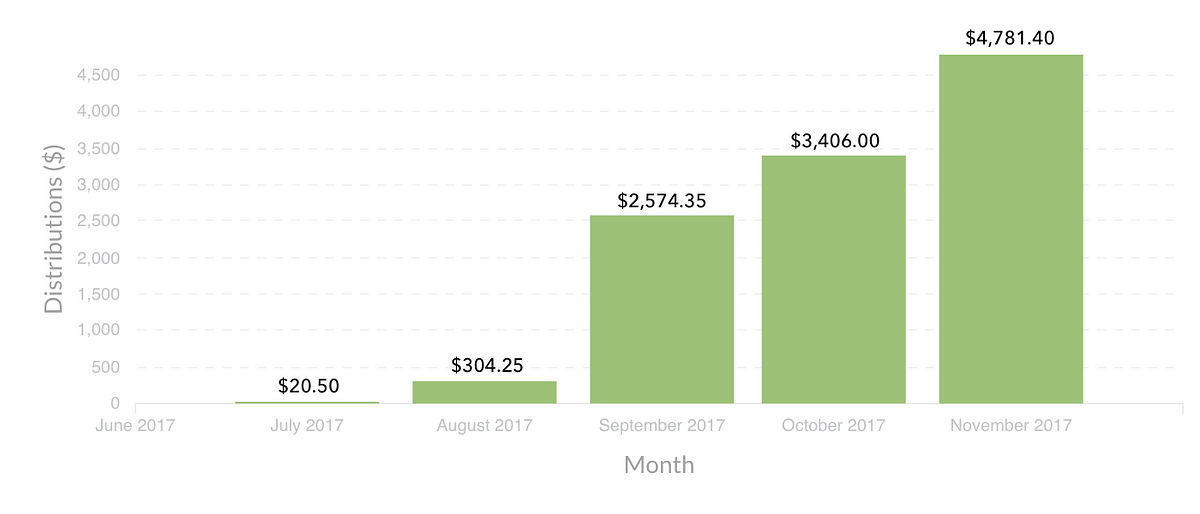
canadian_aaron
02:17:34
Open Knowledge International Blog
This blog post was written by the Czech Republic Open Knowledge team as part of our blog series of Open Knowledge Network updates. In the fifth edition of Czech open data challenge, interested par…
canadian_aaron
02:23:28
govtech.com
Plus, Philadelphia’s fire department looks to hire a senior lead GIS analyst to create an analytics team; Facebook civic hackathon participants share winning ideas with Seattle; Platteville, Colo., adopts use of nonprofit’s video archive software; and Minnesota IT launches new employee intranet.
canadian_aaron
02:26:34
Medium
Why We Invested: 1991 Civic Tech Center, ePanstwo Foundation, and Seedstars CEE
canadian_aaron
02:37:29
Open Contracting Partnership
I really enjoyed participating in the Open Contracting 2017 global summit. It was clear from the conversations that we need to involve vendors of e-procurement more and explore how public procurement systems can be improved …
2017-12-12
canadian_aaron
08:05:04
This week's English civic tech weekly is here! https://g0v.news/civic-tech-weekly-december-11-a57b28fdf341
g0v.news
South Korea's 'groundbreaking' citizen participation initiative, and Brazil's 'disappearing' citizen participation initiative! Plus much…
terrence
22:00:38
Generocity Philly
Who's in the tent, according to Azavea's Robert Cheetham, Fixlist's Stacey Mosley and Mjumbe Poe, and Protocol Labs' Michelle Lee in honor of Code for Philly's fifth anniversary.
canadian_aaron
23:14:00
GovInsider
Michael G. Aguinaldo, Chairman of the Commission on Audit, shares how the Philippines is introducing the Citizen Participatory Audit in this guest post.
canadian_aaron
23:14:43
Open Knowledge International Blog
2018 is almost here, and that means that on Saturday 3 March, we’ll be celebrating Open Data Day (ODD). As always, this is a bottom-up initiative, where we expect to gain momentum and highlight the…
canadian_aaron
23:15:05
Open Knowledge International Blog
The dream of the Internet is dying. Killed by its children. We have barely noticed its demise and done even less to save it. It was a dream of openness, of unprecedented technological and social fr…
canadian_aaron
23:16:03
The Data Blog
By the early 1990s, Dr. Mary Ellsberg had spent years working with women’s health in Nicaragua. Armed with anecdotes of violence against women, she joined a local women’s organization to advance a bill criminalizing domestic violence.
canadian_aaron
23:17:23
Mobilisation Lab
How JIACTIVATE, a new coalition created earlier this year is using SMS and culturally creative campaigning to bring Kenyan youth into politics and activism.
canadian_aaron
23:22:04
govtech.com
Data is lending insights into how some of the 90,000 bicyclists traverse the city.
canadian_aaron
23:23:38
MoveOn.org
Donald Trump is publicly considering firing special counsel Robert Mueller, the person leading the Department of Justice investigation of possible illegal actions by Donald Trump and members of his presidential campaign, and the efforts to conceal those activities. This would be a constitutional crisis for our country. It would demand an immediate and unequivocal response to show that we will not tolerate abuse of power from Donald Trump. Our response in the minutes and hours following a power grab will dictate what happens next, and whether Congress&mdash;the only body with the constitutional power and obligation to rein Trump in from his rampage&mdash;will do anything to stand up to him.&nbsp; That's why we're preparing to hold&nbsp;emergency "Nobody is Above the Law" rallies&nbsp;around the country in the event they are needed.&nbsp; Use the map or search below by ZIP code to find an event near you, or create one if none exists.&nbsp; Rallies will begin hours after news breaks of a Mueller firing:&nbsp; If Mueller is fired BEFORE 2 P.M. local time&nbsp;&mdash;> &nbsp;events will begin @ 5 P.M. local time If Mueller is fired&nbsp;AFTER 2 P.M. local time&nbsp;&mdash;>&nbsp;events will begin @ noon local time the following day This is the general plan&mdash;please confirm details on your event page, as individual hosts may tailor their events to their local plan. This is our moment to stand up to protect our democracy. Let's mobilize&nbsp;to show that we won't let Donald Trump become the authoritarian that he aspires to be.&nbsp;The law applies to all of us, and it's essential that it also applies to the most powerful people in our country.&nbsp; Use the search tool to find an event near you, or create one if none exists.&nbsp; If you choose to attend an event, you agree to engage in nonviolent, peaceful action, to act lawfully, and to strive to de-escalate any potential confrontations with those who may disagree with our values. &nbsp;
canadian_aaron
23:23:58
From the Civicist: “If, like me, you are worried that Special Counsel Robert Mueller may soon be fired by President Trump, MoveOn.org and a coalition of groups including Public Citizen, Common Cause, Indivisible, March for Truth, People for the American Way, and Stand Up America have put together TrumpIsNotAbovetheLaw.org, a website clearinghouse for more than 300 emergency rallies to be held across the country in the unfortunate event that that happens. New York City-ers should also follow @nycmueller for real-time updates.”
canadian_aaron
23:24:42
Medium
(This essay is long. If it would be easier for you to read a pdf — though one without images and video links for now — please drop me a…
canadian_aaron
23:25:38
Medium
Public policy options are never right or wrong, they’re informed by values and are political decisions.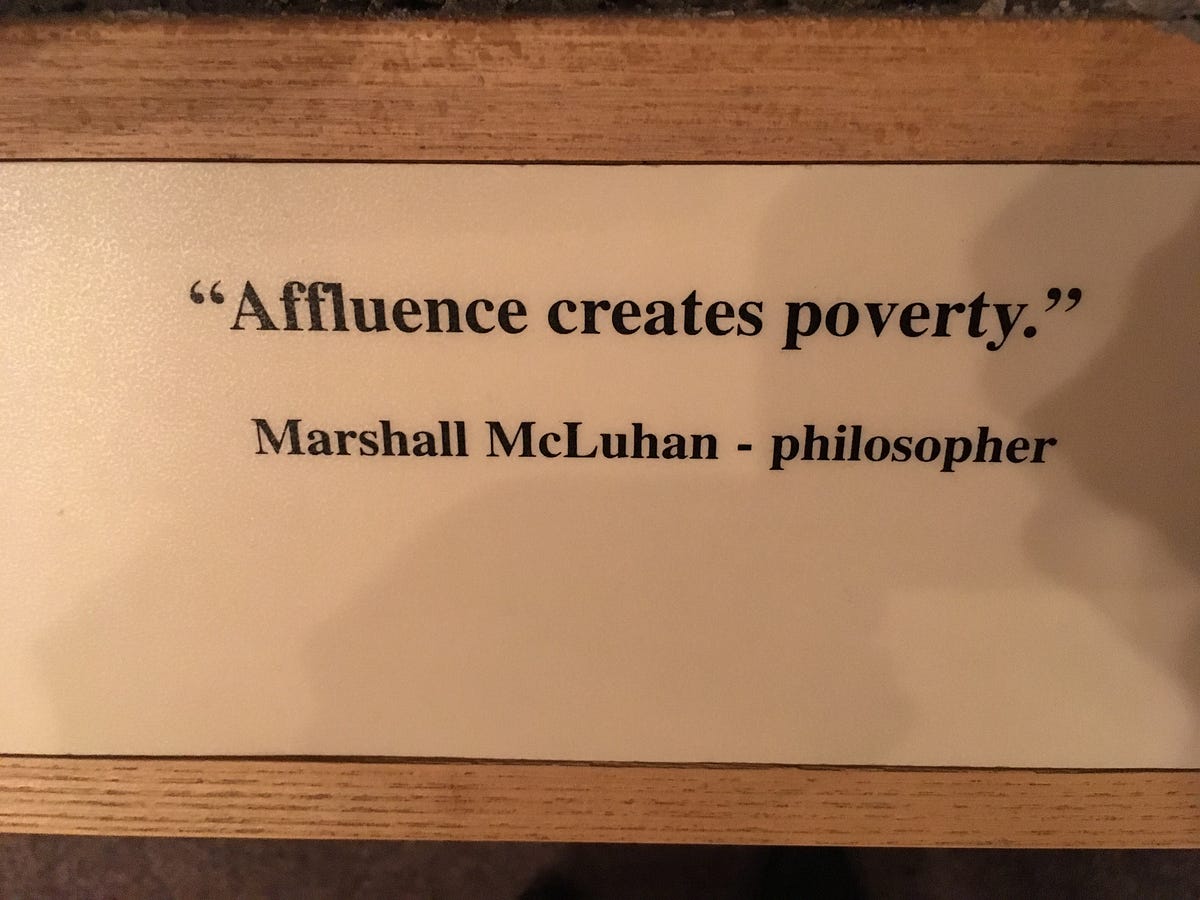
canadian_aaron
23:28:52
StateScoop
Key performance indicators in areas like education and health are hoped to inspire more data-driven policymaking in the state.
canadian_aaron
23:29:30
Sunlight Foundation
Eight years since Portland, Oregon passed the nation’s first open data policy, open data advocates are now beginning to shift their focus from getting policies passed to how—and how well—these policies are being enforced. New York City is at the forefront of experimenting with new mechanisms for
canadian_aaron
23:30:05
Medium
Why We Invested: 1991 Civic Tech Center, ePanstwo Foundation, and Seedstars CEE
canadian_aaron
23:31:12
The Citizen Lab
With just a few clicks, Security Planner tailors straightforward recommendations based on someone’s digital habits and the technology they use.
canadian_aaron
23:31:59
mySociety
The latest installation of our Alaveteli software, OPRAmachine, is an interesting new use of the platform. Rather than covering a whole country, as most of the other Alaveteli installations around the world do, it services just a single US state. OPRAmachine, which launched in October, allows cit
canadian_aaron
23:32:13
mySociety
Last month, I gave a talk at DotYork—a digital conference in the North of England—about the way mySociety designs and builds websites for different countries and cultures all around the world. If you’re into web technologies, or user research, or just generally the sort of work mySociety does, th
canadian_aaron
23:33:50
democracyclub.org.uk
<http://ElectionLeaflets.org|ElectionLeaflets.org> gets the academic treatment, a sketch of a plan for a general election, getting information on by-election candidates and some other stuff!
canadian_aaron
23:34:24
Shareable
SMart is a social enterprise founded in 1998 in Belgium. The project's aim is to simplify the careers of freelancers in cities across Europe where SMart operates. These days, there are many freelancer services — cooperatives, coworking spaces, unions — but at the time of its inception, SMart officials were focused on one subsection of this workforce: artists.
canadian_aaron
23:35:42
Hacker Noon
We started by following up on a hunch, but the survey results we are collecting are starting to feel much more sinister.¹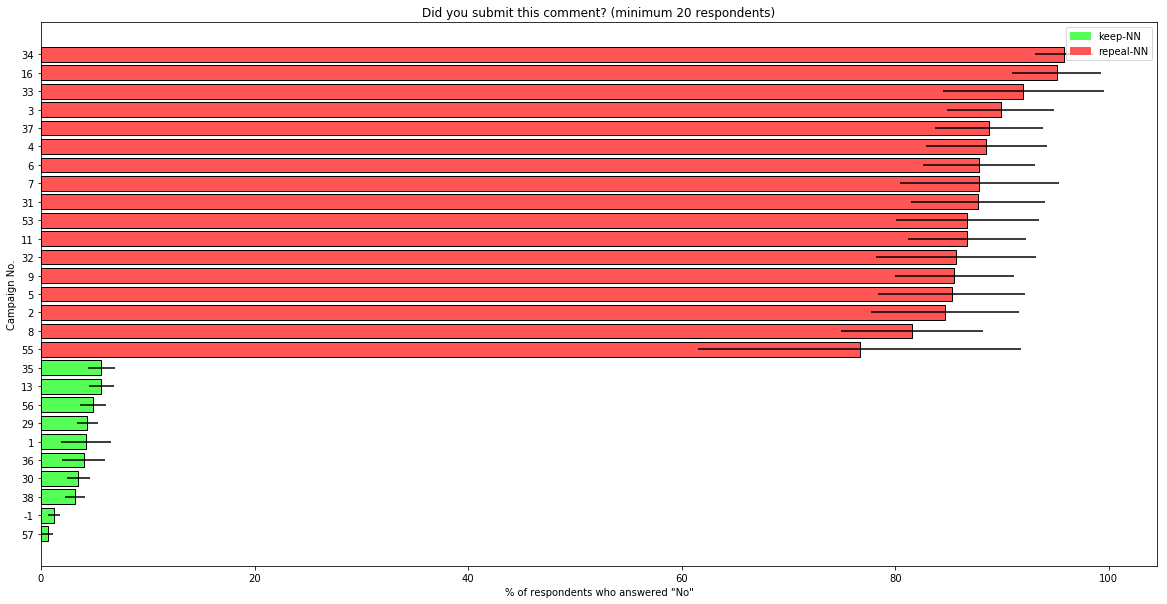
canadian_aaron
23:39:17
Japan Today
Lately an application named e-Chat has been attracting the attention of users from different corners of the world as well as reputable publishers and those who are interested in digital technologies. e-Chat is a decentralized anonymous instant messenger with built-in multicurrency cryptowallet, high-quality content that offers many opportunities for earning…
2017-12-13
canadian_aaron
06:49:43
Finding new civic space in Central Asia | openDemocracy
https://www.opendemocracy.net/democraciaabierta/philipp-reichmuth/finding-new-civic-space-in-central-asia
https://www.opendemocracy.net/democraciaabierta/philipp-reichmuth/finding-new-civic-space-in-central-asia
openDemocracy
Partnerships with NGOs offer the state and private sector with expertise and opportunities for innovation that can open up new civic space throughout Central Asia.
wumini
16:11:57
公民科技週報Issue10初選來囉,這期好像不太好選🤔,大家有空的話多多給意見囉,感謝~
https://docs.google.com/spreadsheets/d/12pk33bpPFsRpKcb6oBIWoyR2jpYiLkwgt3btQIJCdmQ/edit?usp=sharing
https://docs.google.com/spreadsheets/d/12pk33bpPFsRpKcb6oBIWoyR2jpYiLkwgt3btQIJCdmQ/edit?usp=sharing
terrence
22:46:12
MIT Technology Review
If you have ever dealt with sexual harassment in the workplace, there is now a private online place for you to go for help.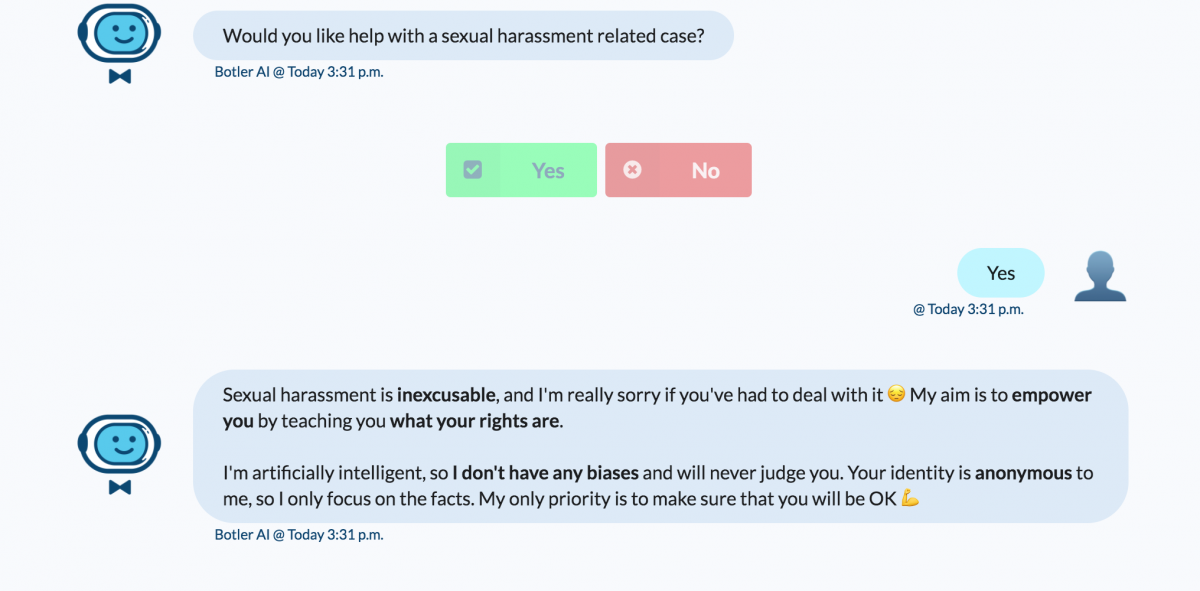
2017-12-14
canadian_aaron
23:49:28
CBC News
The Canadian Digital Service is recruiting tech brains from across the country and around the world in an effort to do IT differently inside the federal government.
2017-12-17
canadian_aaron
02:47:02
canadian_aaron
02:47:39
Open Knowledge International Blog
The dream of the Internet is dying. Killed by its children. We have barely noticed its demise and done even less to save it. It was a dream of openness, of unprecedented technological and social fr…
canadian_aaron
02:50:23
OuiShare EN - Connecting the Collaborative Economy
Interview with Tom Llewellyn from Shareable on how communities, governments and companies can work together to activate the urban commons.
canadian_aaron
02:53:14
govtech.com
Plus, Atlanta throws a smart city coming-of-age party; Palo Alto, Calif., explores using drones to bring blood samples to hospitals; and a new project builds on Cincinnati’s opioid data work to predict heroin overdose risk.
canadian_aaron
02:53:38
govtech.com
In part of our Digital Communities Special Report, we look at how technology can help local governments tackle social issues, but bringing together data from multiple sources and using it wisely remains a significant challenge.
canadian_aaron
02:53:55
Civic Hall
It matters what ideas we use to think ideas. It matters what thoughts think thoughts. It matters what knowledges know knowledges. It matters what relations relate relations. It matters what worlds world worlds. It matters what stories tell stories. —Donna Haraway It matters what experiments we use to experiment. Society and technology have undergone significant …
canadian_aaron
02:56:09
Open Data Institute
The Open Data Institute (ODI) equip, connect and inspire people around the world to innovate with data. Co-founded by Sir Tim Berners-Lee and Sir Nigel Shadbolt, the ODI provides events, training, membership and consultancy around open data.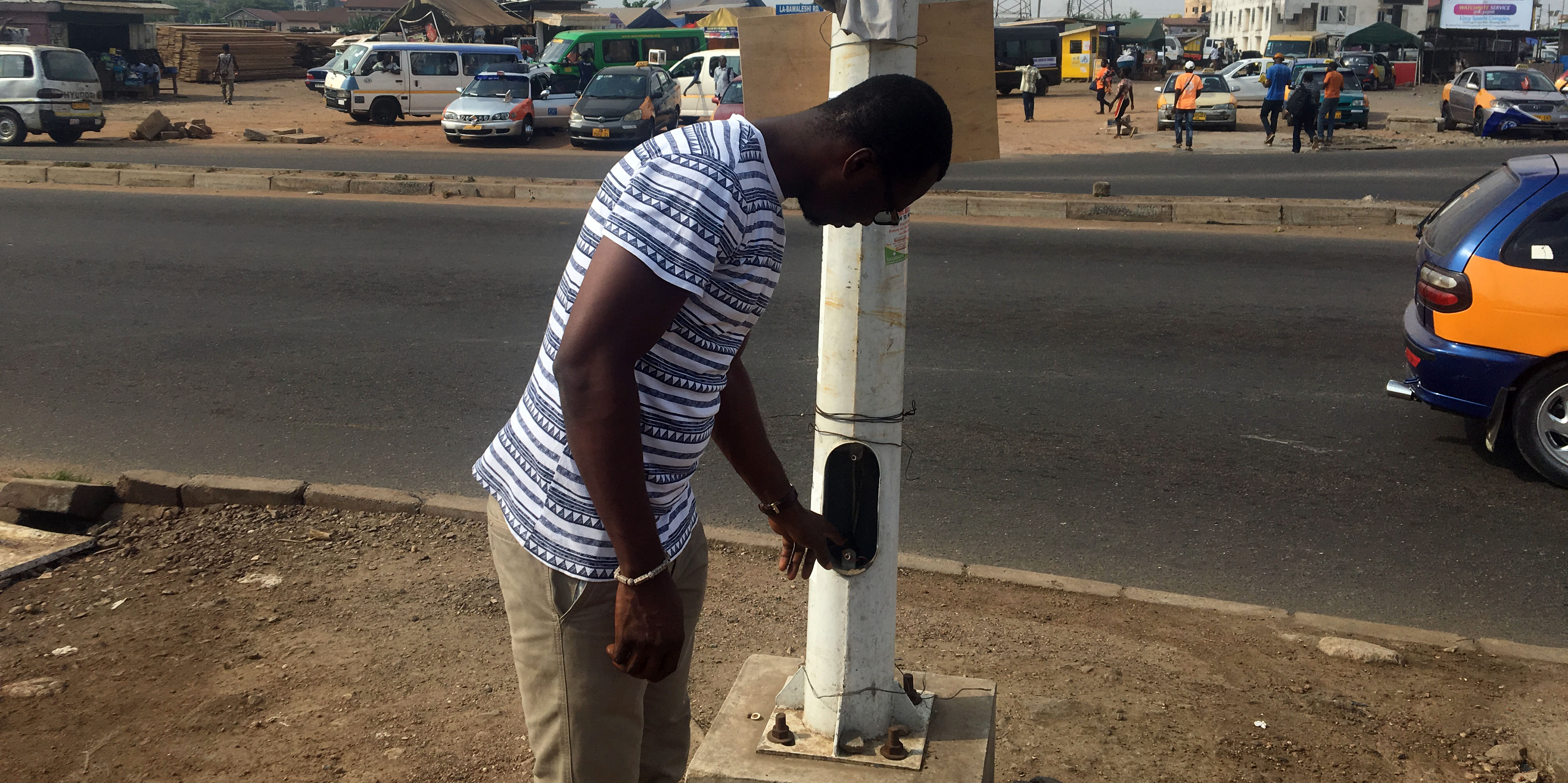
canadian_aaron
03:23:03
pastemagazine.com
This new website is designed to illustrate how many alleged Hollywood abusers are connected to any given film.
2017-12-18
canadian_aaron
11:00:58
New York City moves to establish algorithm-monitoring task force – TechCrunch
https://techcrunch.com/2017/12/12/new-york-city-moves-to-establish-algorithm-monitoring-task-force/amp/?__twitter_impression=true
https://techcrunch.com/2017/12/12/new-york-city-moves-to-establish-algorithm-monitoring-task-force/amp/?__twitter_impression=true
TechCrunch
New York City may soon gain a task force dedicated to monitoring the fairness of algorithms used by municipal agencies. Formed from experts in automated systems and representatives of groups affect…
bess
15:41:25
@besslee has joined the channel
2017-12-19
canadian_aaron
03:14:37
Open Knowledge International Blog
The Frictionless Data project is about making it effortless to transport high quality data among different tools and platforms for further analysis. We are doing this by developing a set of softwar…
canadian_aaron
03:15:49
CitizenLab
We met up with Stephen Boucher to talk about participatory democracy, civic techs and how to involve citizens in co-creating politics.
canadian_aaron
03:20:49
canadian_aaron
03:21:46
The New Yorker
Its government is virtual, borderless, blockchained, and secure. Has this tiny post-Soviet nation found the way of the future?
canadian_aaron
03:22:33
Medium
All you need for citizen behavioral science is a spreadsheet, patience, and longsuffering friends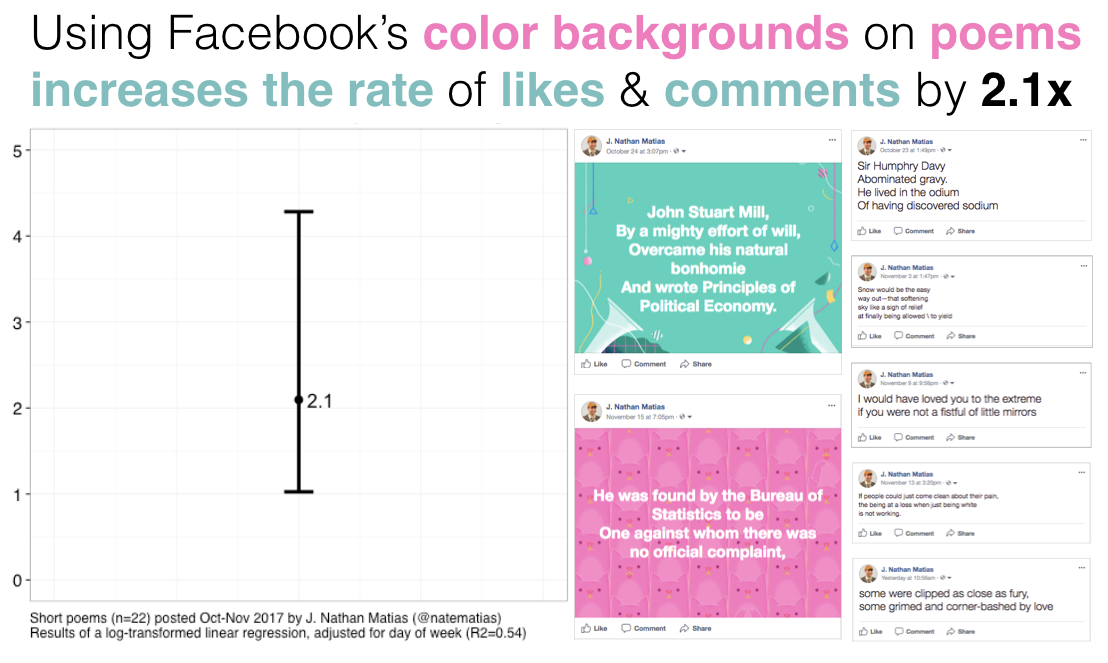
canadian_aaron
03:23:45
Open Data Institute
Friday lunchtime lectures are for everyone and are free to attend. You bring your lunch, we provide tea and coffee, an interesting talk, and enough time to get back to your desk.
canadian_aaron
03:25:48
Hacker Noon
Today the Federal Communications Commission repealed net neutrality — a terrible step for the future of a free and open internet and for…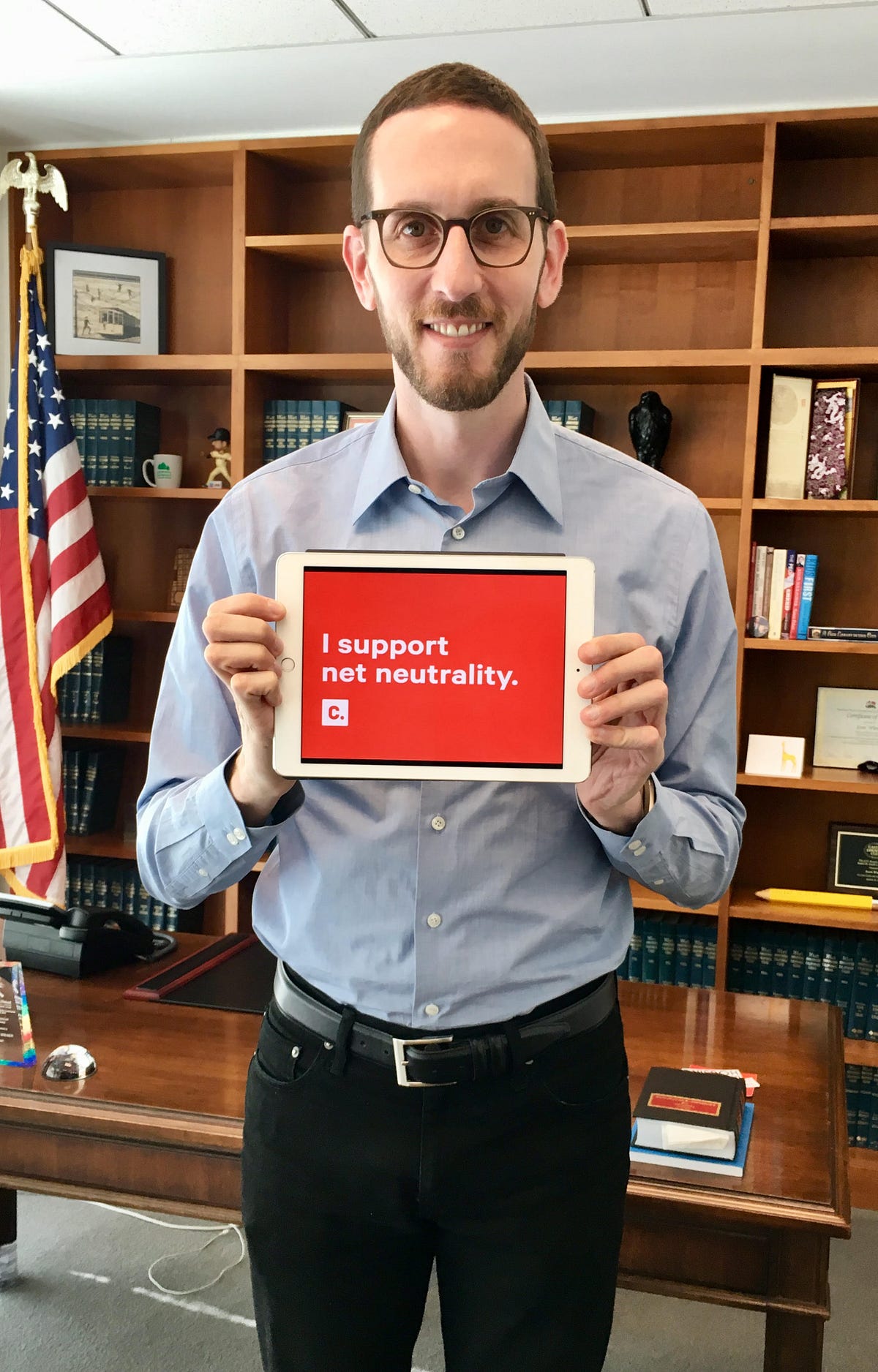
canadian_aaron
03:26:01
canadian_aaron
08:29:06
Here’s this week’s Civic Tech Weekly for the week of December 18th! Our last issue of the year 😄 https://g0v.news/civic-tech-weekly-december-18-48f84e656985
g0v.news
In this week’s edition: The end of net neutrality, the difficulties of funding open source, and a big day for digital anti-corruption tools…
2017-12-20
patcon
08:54:37
@patcon has joined the channel
patcon
08:54:43
👋
wumini
16:11:23
下週的公民科技週報又開始進行初選囉,有空的人踴躍留言吧~告訴我們你對哪幾則新聞有興趣!
https://docs.google.com/spreadsheets/d/12pk33bpPFsRpKcb6oBIWoyR2jpYiLkwgt3btQIJCdmQ/edit?usp=sharing
https://docs.google.com/spreadsheets/d/12pk33bpPFsRpKcb6oBIWoyR2jpYiLkwgt3btQIJCdmQ/edit?usp=sharing
 1
1
2017-12-21
canadian_aaron
01:25:46
Participatory Budgeting: The Next ‘Big Thing’ in Australian Local Government? - Austaxpolicy: The Tax and Transfer Policy Blog
http://www.austaxpolicy.com/participatory-budgeting-next-big-thing-australian-local-government/
http://www.austaxpolicy.com/participatory-budgeting-next-big-thing-australian-local-government/
Austaxpolicy: The Tax and Transfer Policy Blog
Australian governments of all levels are increasingly familiar with two trends in public budgeting. Firstly, the pressure to deliver ‘more with less’ in public budgets;… Read More ›
- 👀2
canadian_aaron
01:47:19
Suiren - a Kanji Relationship Explorer
http://suiren.herokuapp.com/
http://suiren.herokuapp.com/
2017-12-27
wumini
16:17:03
1/2公民科技週報 Issue12 初選作業來啦。一起來挑你覺得最重要的7則新聞。以及如果有哪篇很值得翻譯,或是覺得可以有其他製作形式,歡迎提出建議!
https://docs.google.com/spreadsheets/d/12pk33bpPFsRpKcb6oBIWoyR2jpYiLkwgt3btQIJCdmQ/edit?usp=sharing
https://docs.google.com/spreadsheets/d/12pk33bpPFsRpKcb6oBIWoyR2jpYiLkwgt3btQIJCdmQ/edit?usp=sharing
2017-12-31
Kuan-Ting
02:02:49
storm.mg
台北市長柯文哲2014年以「開放政府,全民參與」作競選主軸,執政後多次提到「資料開放是原則,不開放是例外」引起好評。然而,...
